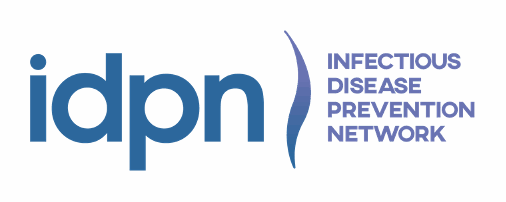Member Resources
Issue: Rights to Bodily Autonomy
Examples of Bill(s):
What It Means:
- The bill seeks to legislate against vaccine mandates by amending language in the state constitution around the right for individuals to have choices in their own health care decisions to include “vaccinations.”
Key Talking Points:
- Individuals already have independence in healthcare decisions.
- This bill creates a false equivalence that immunity status is a health condition, while vaccine status is a choice.
- One person’s decision could end up undermining the health of others. For example, when even a few parents refuse to vaccinate their children, they put everyone in their school at risk of dangerous but preventable diseases. Children and teachers who have weakened immune systems are especially at risk.
- Passage of this legislation leaves vulnerable populations – including those who currently live long, healthy lives – at risk of suffering and dying from preventable diseases.
- This legislation will lead to a decrease in vaccination coverage and an increase in disease outbreaks, reduced time in schools for students, reduced time at work for parents, increased medical costs, resulting in detrimental economic consequences, hospitalizations, and deaths.
Bottom line:
- Vaccination is an effective way to prevent or mitigate disease in an individual and a population.
- Vaccines not only protect oneself, but families, neighbors, and communities. They are especially important for children, older adults, and those who are immunocompromised, including those who may not be able to get vaccinated.
- COVID-19 vaccinations protect individuals from severe illness, hospitalization and death and have helped Americans get back to work and to our daily lives.
- Vaccines have been a part of public health for decades, decreasing many once common diseases like Polio.
- We should work together to encourage all individuals to receive all recommended vaccines.
Legislators should vote no on any attempt legislate around rights to bodily autonomy.
